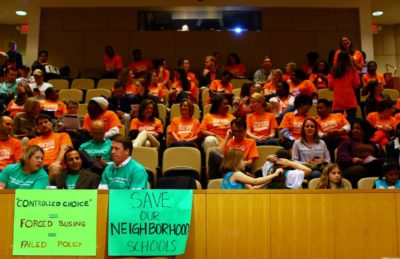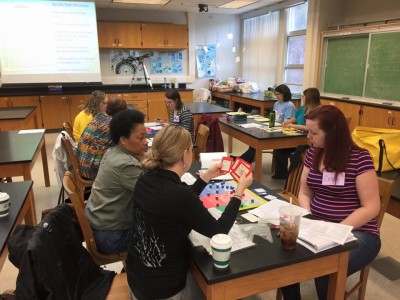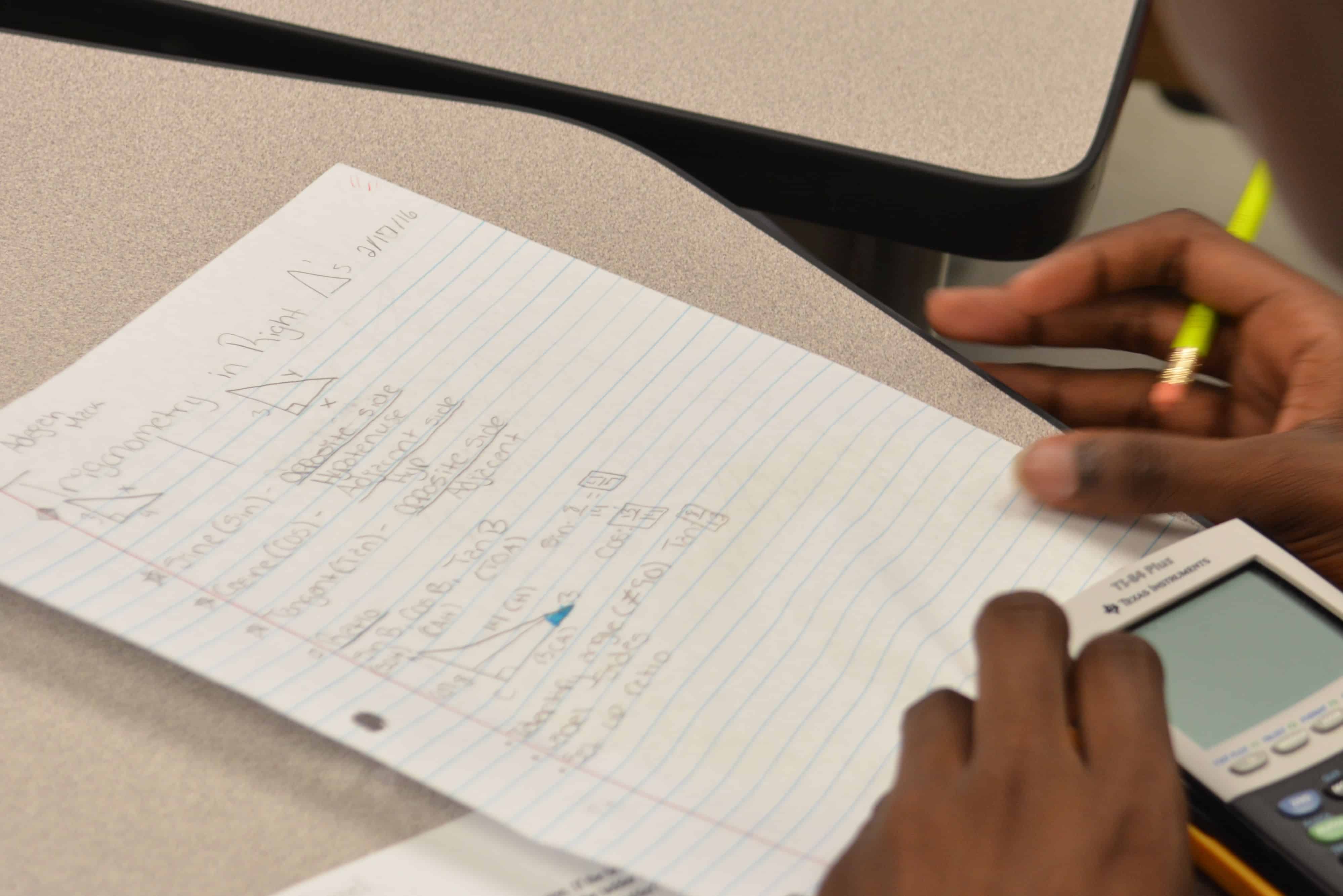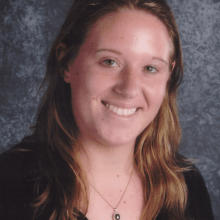We hear a lot about rising graduation rates in our state, especially at this time of year, but what we don’t hear as much about is how every single year, thousands of students walk into our universities and community colleges unprepared for college and career-based math. I know because I am a teacher assistant in a developmental math lab at a local community college.
We can’t tout our rising graduation rates without telling the whole story, without telling the story of more and more students like Jennifer, who proudly walked across the stage at Bojangles’ Coliseum and received her high school diploma from a top Charlotte-Mecklenburg high school, only to find herself not at the four-year school she dreams of, not in community college earning transfer credits, but in a developmental math lab working on fractions and pre-algebra.
Across the state there are 50,000 children attending 600 schools that have been in the bottom 5 percent for more than the entire decade I have worked in education. However, the statutes and policies around public schools make it difficult, at times seemingly impossible, to found a charter school, or run a traditional school with the autonomy of a charter school in this state, with the goal of serving the students who deserve the opportunity the most.
Without wealthy cronies to fund facilities, without being able to weight the lottery to prioritize students from low-performing schools, without an easier process for including pre-K, and without requiring ALL charter schools to provide free meals and transportation, myself and the children and families I serve are systematically denied access to this path of opportunity.
Which takes us to the Achievement School District. Our communities do need excellent schools, and our struggling schools do need support and turnaround initiatives. But that turnaround and those excellent schools don’t have to come from out-of-town for-profits. It can come from an ASD that is grounded in the techniques and strategies of community organizing, so that the stakeholders most invested in having an excellent school–its parents, teachers, students, and leaders, are empowered to drive the transformative change that all our children deserve.
Finally, for a school to be excellent it must be just. Recently state experts noted that black students are more than four times more likely to be suspended than their white peers in NC. Here in Charlotte-Mecklenburg in a recent year we had over 19,000 suspensions of black males while in the same year only having 2,200 suspensions of white males. Additionally, at the same time the state has increased the number of School Resource Officers (SROs) by almost 300 percent, the number of social workers, psychologists, and counselors is at an all-time low. And we are doing all of this while knowing that suspension is often the first step in the school-to-prison pipeline.
If we know that an excellent school must be governed by justice, we must include these measures in our ESSA school evaluation system: discipline referral rates, in- and out-of-school suspension rates, SRO and counselor to student ratios, juvenile justice system referrals, incidents involving SROs, participation rates in AP classes, and enrollments in remedial courses at the postsecondary level. These measures must be reported, included in school evaluations, and disaggregated along lines of race and socioeconomic status.
NC DPI must begin to intentionally create and implement policy that ensures schools are not highways of privilege, but avenues of access and boulevards of opportunity.
Recommended reading




